One of the diplomatic and national issues that rattled the Tinubu administration was President Donald J. Trump’s remarks of November 1 and 2, 2025, in which he made his now-infamous “guns-a-blazing” and “the now disgraced country” statements, including a threat to deploy troops to Nigeria or launch airstrikes over alleged killings.
Some observers have attributed this situation to Nigeria’s failure to maintain effective and influential ambassadors in the United States and other powerful Western countries for a long period, under the President Asiwaju Bola Ahmed Tinubu administration.
The dispatch of a high-level delegation led by the National Security Adviser, Mallam Nuhu Ribadu, however, has delivered the diplomatic breakthrough Nigeria urgently needed. Mallam Nuhu’s international reputation, and the composition of the delegation, played a decisive role. The team included Prince Lateef Olasunkanmi Fagbemi, Attorney-General of the Federation; Mr. Kayode Egbetokun, Inspector-General of Police; General Olufemi Olatunbosun Oluyede, Chief of Defence Staff; Lt. Gen. Emmanuel Parker Undiandeye, Chief of Defence Intelligence; Ms. Idayat Hassan, Special Adviser to the NSA; and Ambassador Ibrahim Babani, Director of Foreign Relations at the Office of the NSA.
Their mission strengthened the US–Nigeria security partnership, provided a platform for honest dialogue, and helped correct narratives built on biased or misleading information. The discussions opened new avenues for cooperation. The US pledged additional support, including equipment and intelligence sharing.
According to the Nigerian Presidency, “the Nigerian delegation refuted allegations of genocide in Nigeria, emphasising that violent attacks affect families and communities across religious and ethnic lines. The delegation strongly rejected the wrongful framing of the situation, warning that such narratives divide Nigerians and distort realities on the ground.”
The Nuhu Ribadu–led delegation met with senior officials across the US Congress, the White House Faith Office, the State Department, the National Security Council, and the Department of War.
In the end, the delegation achieved several key successes, including:
deepening security cooperation between Nigeria and the US; reinforcing ongoing operations against terrorists and violent extremist groups; securing complementary American support, including humanitarian assistance to the Middle Belt communities and technical support for early-warning mechanisms; and establishing a Joint US–Nigeria Working Group to coordinate mutually agreed areas of cooperation.
The delegation also reaffirmed the Tinubu administration’s commitment to strengthening civilian protection measures.
This is an impressive diplomatic accomplishment. However, the bigger question remains: what comes next on the home front? The appointment of three ambassadors-designate for the United States, the United Kingdom, and France is a welcome development. Though coming late, it is a step in the right direction.
Nigeria may secure strong diplomatic outcomes and acquire advanced military equipment, but banditry and terrorism thrive on indoctrination. As long as there is room for recruitment and local support, these groups will continue to regenerate, eliminated in one area only to emerge in another.
The most effective solution lies in adopting a holistic and reductionistic development strategy, one that empowers communities, provides youth with productive jobs and proper education, and addresses the structural drivers of insecurity. An innovative model for a localised approach should be implemented by both the federal government and the sub-nationals; a community-wide strategy that simultaneously targets youth empowerment, education, water supply, road networks, healthcare centres, and business development. It should be an approach that touches communities holistically while addressing each sector methodically.
This type of development model not only reduces poverty but also secures the lives of communities and their young people, youths who are often most vulnerable to engaging in crime for survival.
The Nuhu Ribadu led Washington mission has shown what Nigeria can achieve when it speaks with clarity, unity, and purpose. The next chapter demands the same resolve directed inward—toward rebuilding communities, restoring hope, and creating opportunities that shut the door on extremist recruitment. With the right mix of diplomacy abroad and development at home, Nigeria can break the cycle of violence and chart a new future grounded in security, prosperity, and dignity for all.
Zayyad I. Muhammad, Abuja



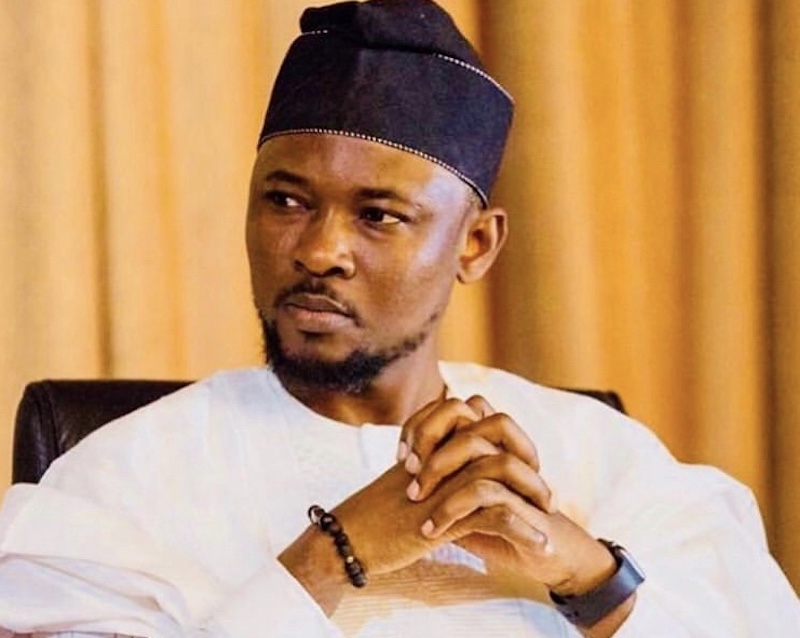


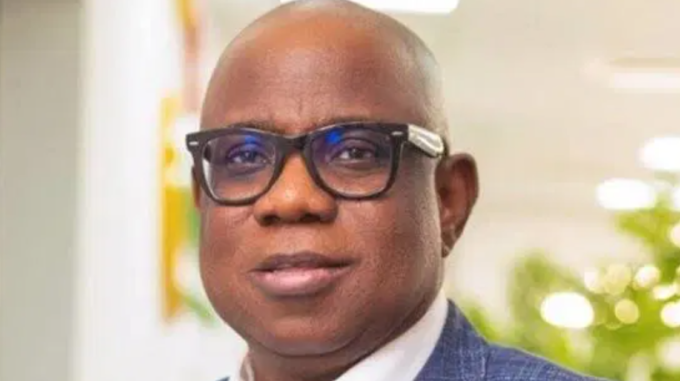
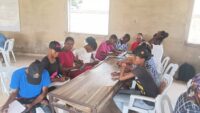
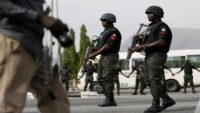
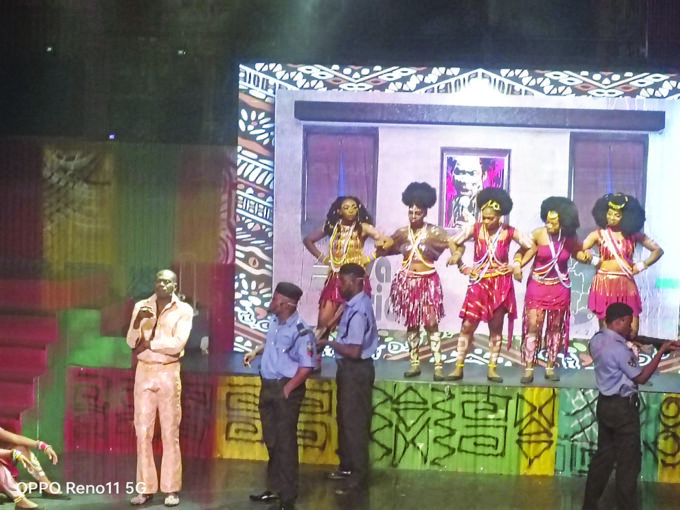
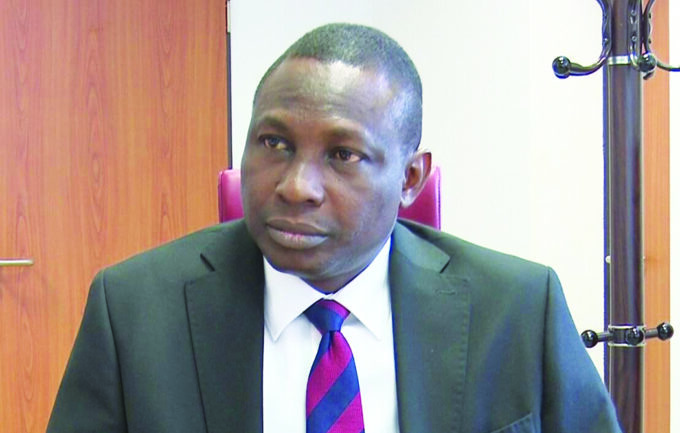
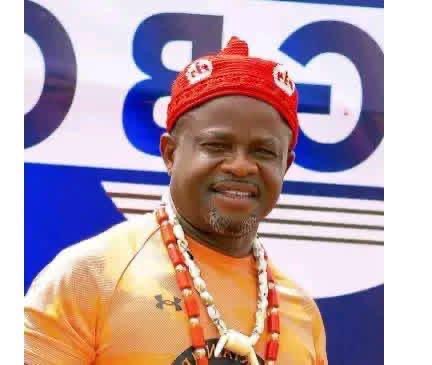





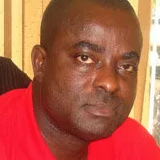
Leave a comment